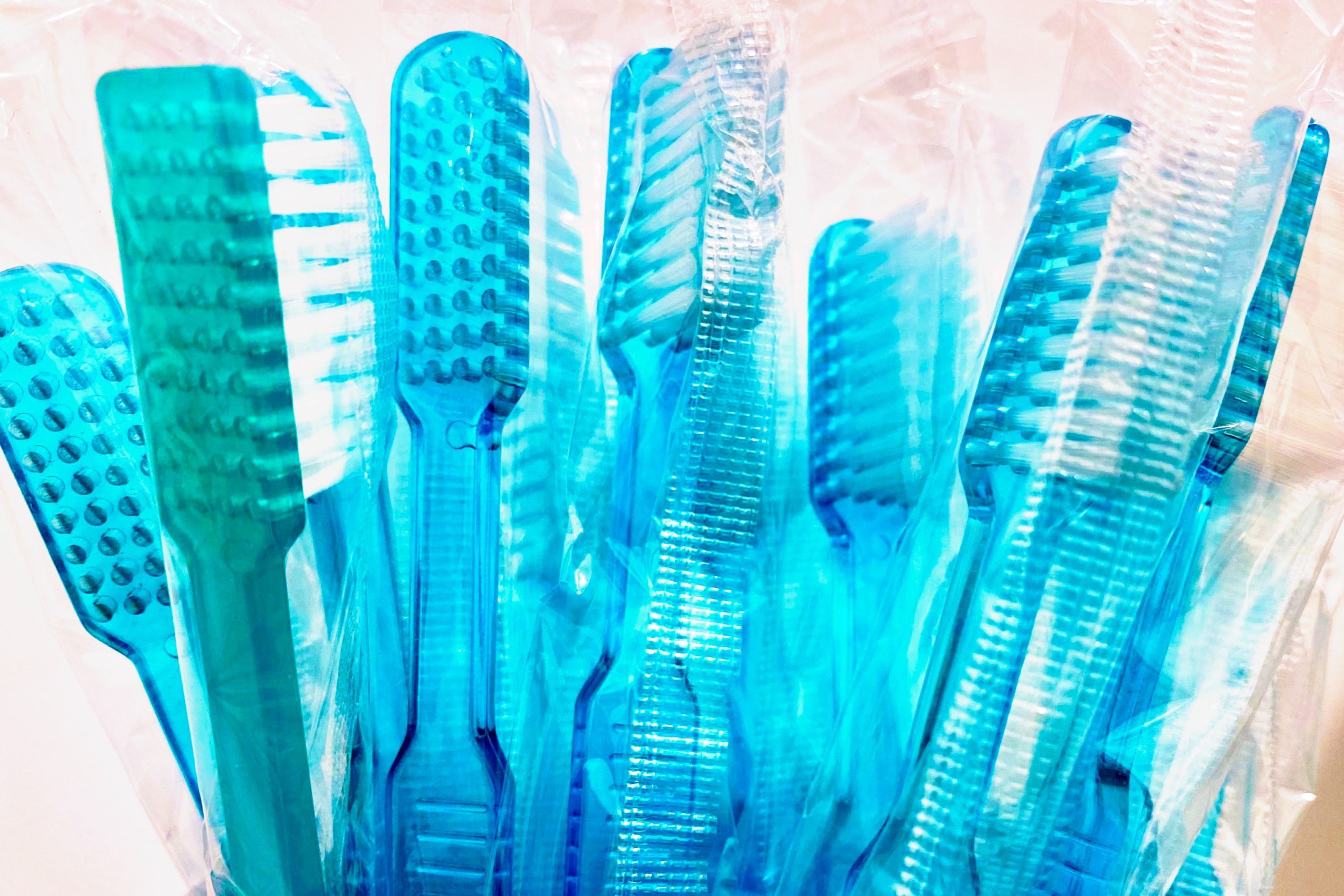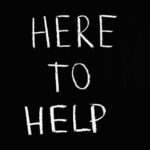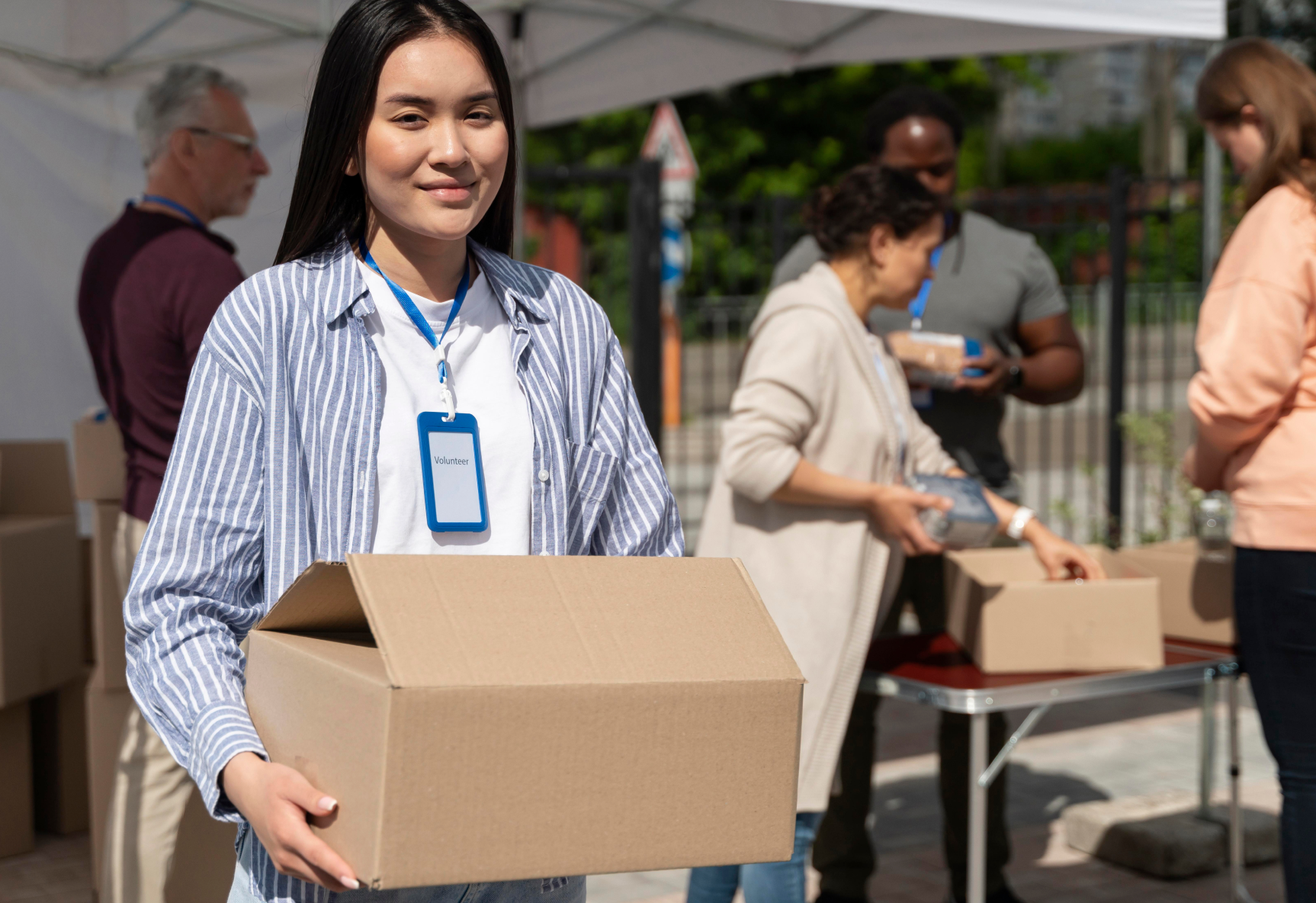Volunteer to help
The Gift of Your Time is Priceless.
Become a Volunteer
Giving to the Nations
We’re here to ensure that those in need have the help they need to obtain the personal care and household cleaning products they so desperately need.
“Uninsured. Food insecure. Unhoused. These are the names given to the untenable conditions that arise from poverty—some of them, at least. There is still no common language to describe the condition of being unable to afford diapers, toothpaste, laundry detergent, tampons, and the like, however, which is a shame. . . . Hygiene poverty is rampant in the United States and affects health as well as the capacity of millions of Americans to succeed at school, work, or virtually anyplace.”[1] Feeding America in their research project In Short Supply: American Families Struggle to Secure Everyday Essentials “found that many American families struggle to afford basic non-food household goods—including products related to personal care, household care and baby care—and, as a result, make trade-offs with other living expenses and employ coping strategies to secure essential household goods.” Some of the trade-offs and coping strategies employed are: 1) skip washing dishes or doing laundry; 2) delay changing a diaper or reuse diapers; 3) brush teeth without toothpaste; 4) bath without soap.[2] “The programs most commonly used by low-wage earners to help pay at the grocery store—SNAP and WIC—do not cover hygiene supplies . . . so much is unknown about how hygiene poverty affects their neighbors, because almost no one is researching it. People need to get past the giggles and the silence, and instead start talking, asking questions, and searching for solutions.”[1]
Sources:
[1] https://tcf.org/content/commentary/americas-unspoken-hygiene-crisis/?agreed=1
[2] https://www.feedingamerica.org/sites/default/files/research/in-short-supply/in-short-supply-executive.pdf
Regretfully, there are no other organizations addressing our related objectives within the same scope, the consistent provision of basic non-food household goods such as deodorant, shampoo, body wash, diapers, hand soap, dishwashing detergent, multi-purpose cleaner, trash bags and laundry detergent. Other organizations serving our moderate and low-income residents within our service areas are food pantries with limited and more often no provision of basic non-food household goods, or the organization has a singular focus.
Our goal, to alleviate the shame and desperation that often accompanies Hygiene Poverty. Our mission, to advance the lives of others. Since 2017 our Healthy Essentials Pantry has been fulfilling both.
Through community outreach events and individual requests, our Healthy Essentials Pantry Program provides moderate and low-income residents in Racine and Milwaukee Counties basic non-food household goods. In 2022 alone through the generosity of our supporters we held five (5) community outreach events in which 723 families each received a box containing large sized: shampoo, body wash, hand soap, hand sanitizer, dishwashing detergent, multi-purpose cleaner, disinfecting wipes, laundry detergent, toilet paper (4 pack) and paper towels (6 pack); totaling 7,230 basic non-food household goods. We also provided 290 individuals and families 5,220 individually chosen basic non-food household goods via our one-on-one distributions through our collaborations with other community service organizations (nonprofit and government).
Hygiene Poverty is very real and its effects are not exclusive to your income or employment status. The desperation and shame it brings can be devastating. This is why our Healthy Essentials Pantry is here. The need is real, the need has gone unmet for too long, we are here to meet that need.
The process is simple, please complete the INTAKE FORM (required). If you need personal care, baby care or home cleaning products the PRODUCT LIST will become available after the INTAKE FORM is submitted online for you to complete to request these products.


Your inquiry can spark change. Reach out to bridge the gap in hygiene poverty.